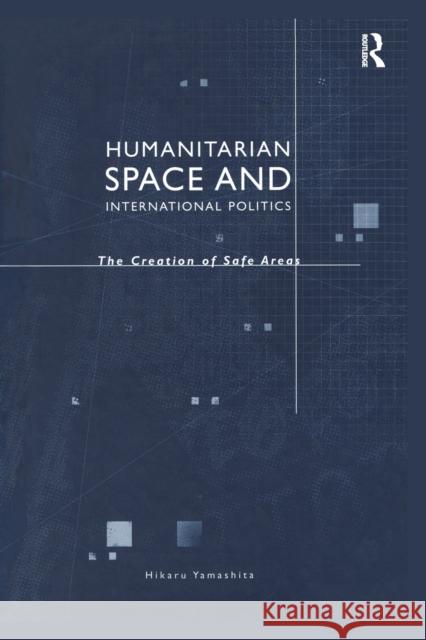Humanitarian Space and International Politics: The Creation of Safe Areas » książka
Humanitarian Space and International Politics: The Creation of Safe Areas
ISBN-13: 9781138383661 / Angielski / Miękka / 2019 / 230 str.
Humanitarian Space and International Politics: The Creation of Safe Areas
ISBN-13: 9781138383661 / Angielski / Miękka / 2019 / 230 str.
(netto: 225,88 VAT: 5%)
Najniższa cena z 30 dni: 226,63 zł
ok. 16-18 dni roboczych.
Darmowa dostawa!
The creation of safe areas poses a number of difficult challenges to the spatial and normative organization of contemporary international politics. As a result, academics, practitioners and NGOs alike will find the case studies in this informative book essential reading. Hikaru Yamashita firstly looks at the case of northern Iraq after the first Iraqi war, where safe areas represented a major departure from the conventional notion. The different understandings of the Srebrenica safe areas, especially with regard to the role of security, are also assessed to ascertain how they eventually destroyed this humanitarian space. A much-needed account of the extent to which humanitarian space, intended as shelter in response to Rwandan genocide, consequently destabilized the area and provided cover for the genocideurs is additionally provided. This well-researched book, through the prism of safe areas, allows a measured assessment to be made of the place of human rights and humanitarianism in the contemporary world.











